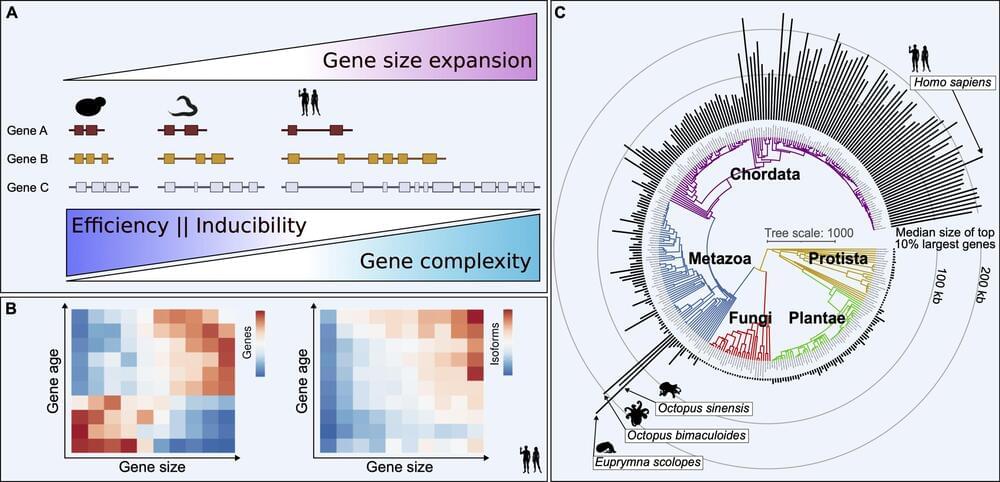Entanglement is a widely studied quantum physics phenomenon, in which two particles become linked in such a way that the state of one affects the state of another, irrespective of the distance between them. When studying systems comprised of several strongly interacting particles (i.e., many body systems) in two or more dimensions, numerically predicting the amount of information shared between these particles, a measure known as entanglement entropy (EE), becomes highly challenging.





